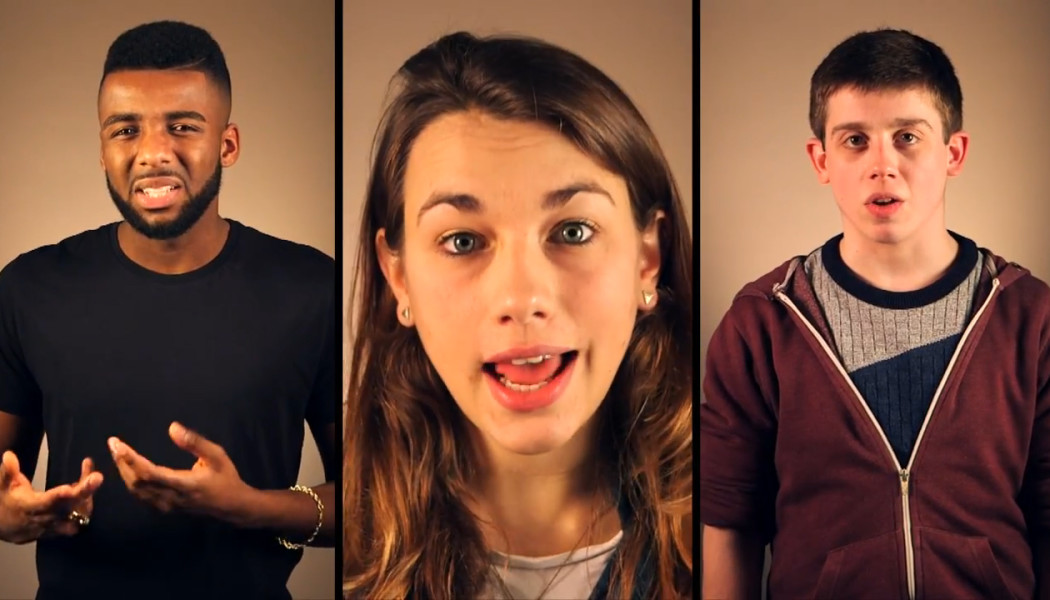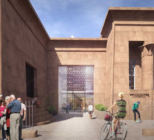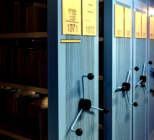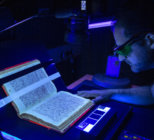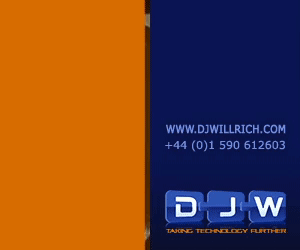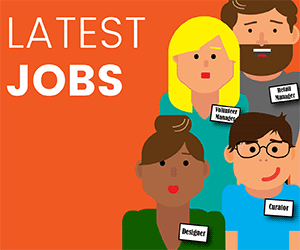The project is part of the Library’s Learning programme, supporting the major exhibition Magna Carta: Law, Liberty, Legacy, and encourages young people to think about the issues of freedom and control raised by Magna Carta in the context of the digital age. This week the public have the chance to shape a ‘Magna Carta for the digital age’ by voting for My Digital Rights clauses generated by school students from around the world.
Using the Library’s My Digital Rights teaching resources, young people have taken part in debates and workshops to consider a range of digital topics from cyberbullying to surveillance and written their own ‘clauses’ in response. Since January the Library has received more than 500 clauses from schoolchildren relating to freedom, privacy and access.
From today voting is open to choose the favourite clauses and on Monday 15 June, Magna Carta Day, the Library will publish the results in the form of a ‘Magna Carta for the digital age’.
The clauses from students are striking: rather than a call for freedom or openness half of the submissions reveal a marked concern about safety and security online.
Analysis shows students who participated in workshops leaning towards safety, protecting young people and preventing bullying on the Web, over freedom of speech or freedom of the internet (29 per cent compared to 17 per cent). The school resources cover a wide range of topics, but there is a clear lean towards students wanting to feel safe and protected online, with curbs to cyberbullying. Some even call for ‘cyber police’ to protect the Web.
The Library also consulted a range of public figures, including human rights activists, technology experts and surveillance specialists, during the course of the project. Shami Chakrabarti, Director of Liberty, said: “A Magna Carta for the digital age would ultimately have to be about protecting freedom online – whether that is freedom from big business, big government, or organised crime. But it would have to be global, truly international, as these days all human rights instruments have to be.”
Launched with BBC Radio 1 earlier this year as part of the BBC’s Taking Liberties season, the project has been jointly conceived by the British Library, World Wide Web Foundation, Southbank Centre and British Council. The clauses from students, which are now all available to agree or disagree with via the My Digital Rights website, include ideas such as:
- The web we want will be safe and secure and have the ability to block and report malicious activities
- The web we want will allow freedom of speech but discourage bullying
- The web we want will not let companies pay to control it, and not let governments restrict our right to information
- The web we want will be private and not allow the government to see what we do online
- The web we want will be untraceable to strangers
- The web we want will be protective of all people
- The web we want will be a human right
To vote vote for your favourite clauses visit the My Digital Rights website until Monday 15 June, Magna Carta Day, when the Library will unveil the ‘Top 10’ clauses that emerge.

